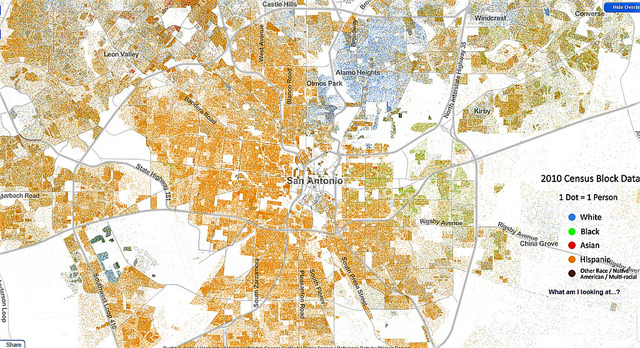
Recent celebrations of National Hispanic Heritage Month call our attention to the growing importance of Hispanic culture, histories, and contributions in the United States. As the Hispanic population has grown, so too has the interest in defining what exactly it means to be “Hispanic.” Research suggests that administrative agencies, particularly the U.S. Census Bureau, played a significant role in unifying different identities under this single pan-ethnic umbrella category. In a conversation with sociologist Cristina Mora, NPR’s Code Switch uncovers the complicated history behind the term “Hispanics.”
Prior to the 1960 census, Latin communities did not have an identifiable option or category matching their ethnic identity. Initial attempts in the 1960 and 1970 census resulted in a massive undercount. Following these largely unsuccessful efforts, Mexican and Puerto Rican communities mobilized to come up with a sufficient term for the 1980 census. Terms were heavily contested, agencies and experts debated various phrasings, and, with reservations, they eventually decided on Hispanic. And the importance of finding a proper category cannot be underestimated — having “Hispanics” as a category in the census enabled communities to address pressing political issues. Mora told NPR,
“Once the category was made, everything from political groups to civic organizations to every other media group that would emerge, would draw on census data. As soon as the census numbers came out, Latino lobby groups could then run the numbers and say, ‘Look, this is what Latino poverty looks like; this is what Latino educational attainment looks like.’ They could go up to the Department of Education, for example, and say, ‘Latinos are the second-largest minority group. And yet, our educational attainment pales to that of whites. Send money to our schools.’”
Despite its contested nature, the use of the ethnic category of Hispanic and its incorporation into administrative counts has proven to be an effective tool for mobilization of Latinx populations. Mora’s research indicates that defining ethnic categories in this way may create opportunities to increase political representation and power among minorities in the U.S.

Comments